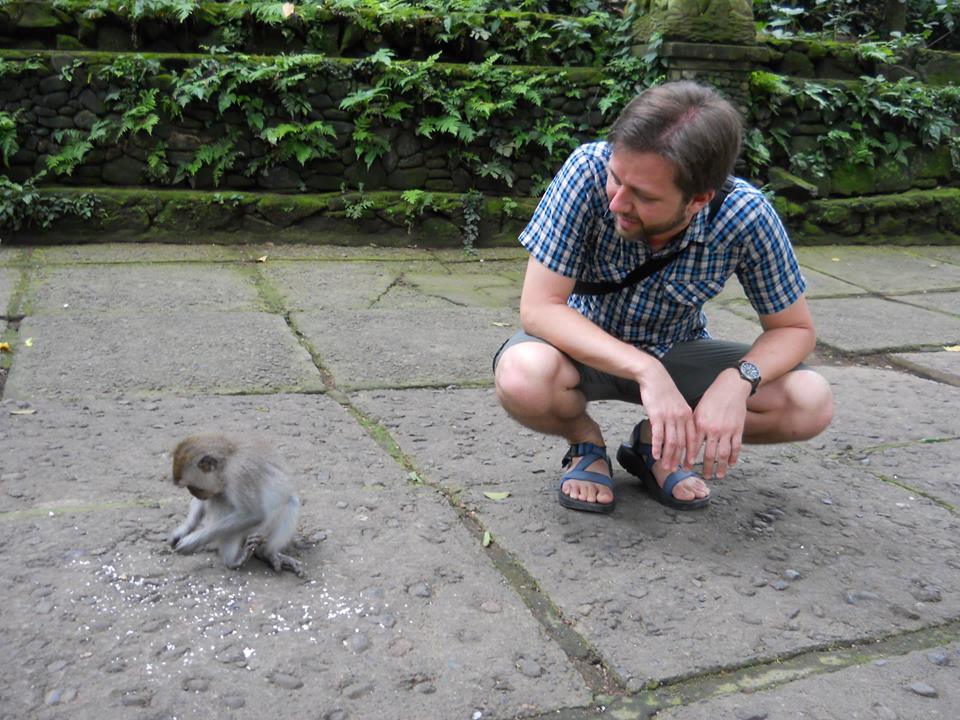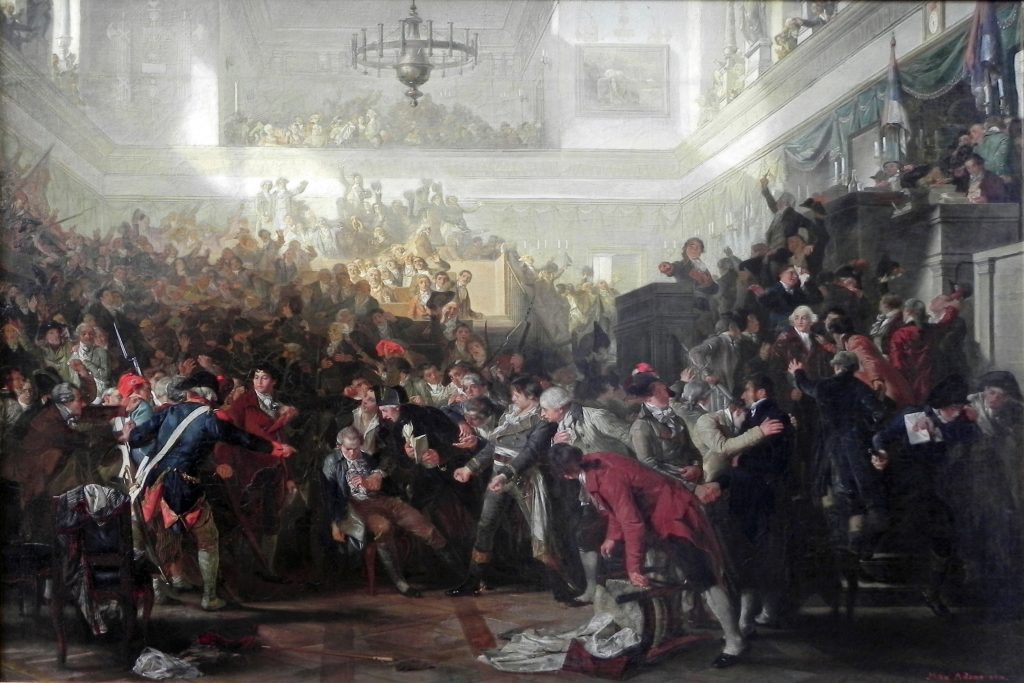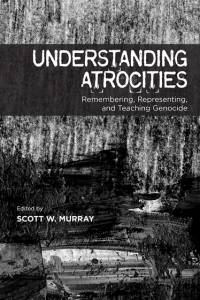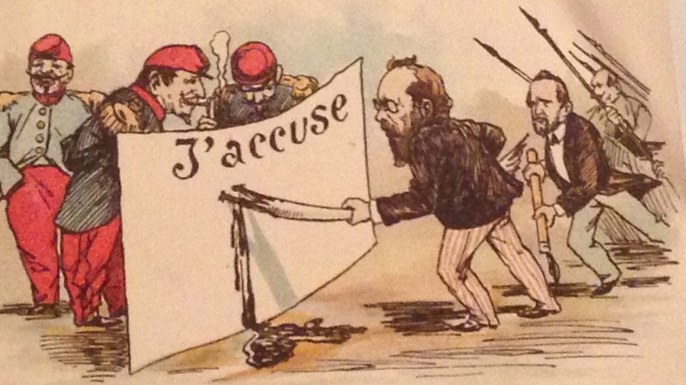Film, since its inception, has played a significant role in capturing history. It has given us ways to explore events in the past while contemplating the present. Art (it would seem) is ahead of politics, especially in matters of examining the painful realities of World War II in Eastern Europe. In recent years there has been a dangerous trend in Poland and Hungary in revising history to fit a political narrative.
Both Poland and Hungary have been trying to balance Democracy and the rise of right wing political parties, who are determined to use the Holocaust to rewrite historical narratives to create nationalistic pride, directly contradicting their past and present. Poland and Hungary along with Ukraine, Lithuania and Latvia, are all experiencing revisionist movements. Historian John Paul Himka believes part of the problem is how these once double occupied countries (by Germany and the Soviet Union) dealt with false historical narratives or “myths” they were told under post-war Soviet occupation, once they were free of Communism. Himka states in their hurry to join the West, they did not take the necessary time and care to explore their wartime roles, allowing for a division between memory and fact.




 As a middle and high school history and social studies teacher, I have taught about the Holocaust and other genocides for many years. At the beginning of my career, students in my classes would have encountered only the Holocaust, but, recently, I have broadened my curriculum to include many additional examples and aspects of genocide. Despite growing
As a middle and high school history and social studies teacher, I have taught about the Holocaust and other genocides for many years. At the beginning of my career, students in my classes would have encountered only the Holocaust, but, recently, I have broadened my curriculum to include many additional examples and aspects of genocide. Despite growing 